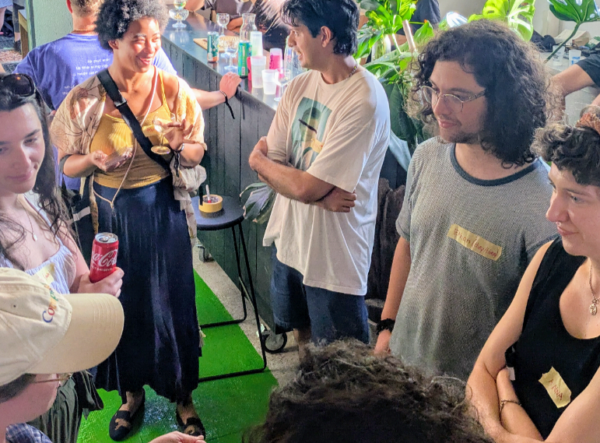
Tallinn, Estonia
Design of Digital Services for Health Behaviour Change
When:
20 July - 31 July 2026
Credits:
3 EC
Read more
Computer Sciences
When:
25 September - 29 September 2017
School:
Int’l Summer School on Data Science
Institution:
Center of Research Excellence for Data Science and Advanced Cooperative Systems
City:
Country:
Language:
English
Credits:
0 EC
Fee:
300 EUR

SSDS 2017 is a summer school offered to graduate students, researchers and professionals in the area of data science. The program consists of lectures taught by outstanding researchers in the field. SSDS 2017 will concentrate on machine learning and specifically in deep learning as an important tool in many data science applications. The lecturers will present fundamental and advanced concepts of deep learning. The program includes hands-on sessions, demonstrating practical aspects of deep learning. SSDS 2017 program will include a poster session giving participants an opportunity to present and discuss their research results.
General Co-Chairs: Sven Lončarić and Tomislav Šmuc
The audience will include doctoral students, postdocs, and researchers and developers working in academia and industry.
The audience will get acquainted with fundamental and advanced concepts of deep learning. The hands-on sessions will give them good start in further practical usage of deep learning.
Fee
300 EUR, Doctoral student
Fee
650 EUR, Professionals from industry
When:
25 September - 29 September 2017
School:
Int’l Summer School on Data Science
Institution:
Center of Research Excellence for Data Science and Advanced Cooperative Systems
Language:
English
Credits:
0 EC

Tallinn, Estonia
When:
20 July - 31 July 2026
Credits:
3 EC
Read more

Nevers, France
When:
29 June - 12 July 2026
Credits:
0 EC
Read more

St. Gallen, Switzerland
When:
08 June - 12 June 2026
Credits:
4 EC
Read more